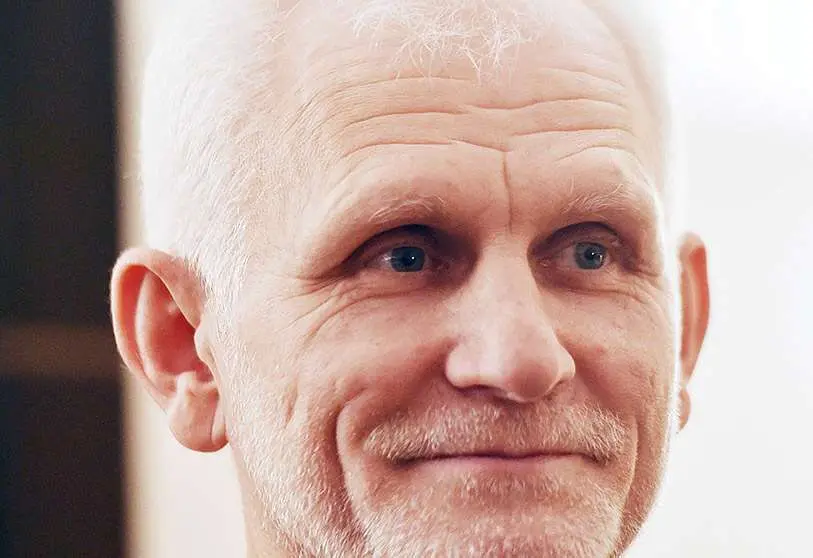Nobel Peace Prize for human rights defenders from Belarus, Ukraine and Russia

The Belarusian Ales Bialiatski and the Russian organisation Memorial and the Ukrainian organisation Center for Civil Liberties will receive the 2022 Nobel Peace Prize "for the right to criticise power" and "denounce crimes against humanity", the Norwegian Nobel Committee, based in Oslo, announced on Friday.
The Norwegian Nobel Committee "wishes to honour three outstanding champions of human rights, democracy and peaceful coexistence in neighbouring Belarus, Russia and Ukraine," it said in announcing the names of the laureates.
Bialiatski "was one of the initiators of the democratic movement that emerged in Belarus in the mid-1980s. He has dedicated his life to promoting democracy and peaceful development in his home country," the committee noted.
Bialiatski created Viasna (Spring) "in response to the constitutional reforms that gave authoritarian powers to the president, he is currently still detained without trial", recalled Berit Reiss-Andersen, chairwoman of the committee, in announcing the shared award.
As for the Russian NGO Memorial, the committee recalls that it collected and verified information on abuses and war crimes perpetrated against the population by Russian and pro-Russian forces. "In 2009, the head of Memorial's branch office in Chechnya, Natalia Estemirova, was killed because of this work".
Memorial is based on the notion that confronting past crimes is essential to prevent new ones. The organisation has also been at the forefront of efforts to combat militarism and promote human rights and a government based on the rule of law, the organisation explained.
Memorial was created in 1987 by human rights activists in the former Soviet Union who wanted to ensure that victims of the communist regime's oppression would never be forgotten.
As for the Centre for Civil Liberties, it was founded to promote human rights and democracy in Ukraine. "It has taken a stand to strengthen Ukrainian civil society and to put pressure on the authorities to make Ukraine a fully-fledged democracy," the committee notes.

The Ukrainian centre "has become an important source for documenting war crimes by Russia and plays a 'pioneering role' in holding perpetrators to account".
"With their consistent efforts on behalf of humanist values, anti-militarism and the principles of law, this year's winners have revitalised and honoured Alfred Nobel's vision of peace and brotherhood among nations, a vision much needed in today's world," it adds.
At the press conference following the announcement of the prize, Reiss-Andersen stressed the "importance" of the laureates for "promoting values other than those of war and aggression" in the midst of a war in Europe "with global effects", while recalling that there are wars going on every year when the Nobel Committee has to decide on the award.
Reiss-Andersen sent a message to the Belarusian government regarding Ales Bialiatski, calling for his immediate release.
"We urge the Belarusian authorities to release Ales Bialiatski, hopefully this will happen and he will be able to come to Oslo. But there are thousands of political prisoners in Belarus, and I am afraid that my wish is not realistic," she said.
The chairwoman of the Nobel Peace Committee said she was particularly "worried" about Bialiatski, but said she was hopeful that the award would "strengthen" his morale.
"This prize is not addressed to President (Vladimir) Putin, not for his birthday or for any other reason. We always give the award to someone for something, not against anyone. But his government and that of Belarus represent authoritarian regimes that suppress human rights," said Reiss-Andersen, when she was asked about today's coincidence with the Russian president's birthday.
The Peace Prize is the fifth of the awards announced so far, after those for medicine, physics, chemistry and literature, and follows the 2021 award to two journalists, Maria Ressa from the Philippines and Dmitry Muratov from Russia.








